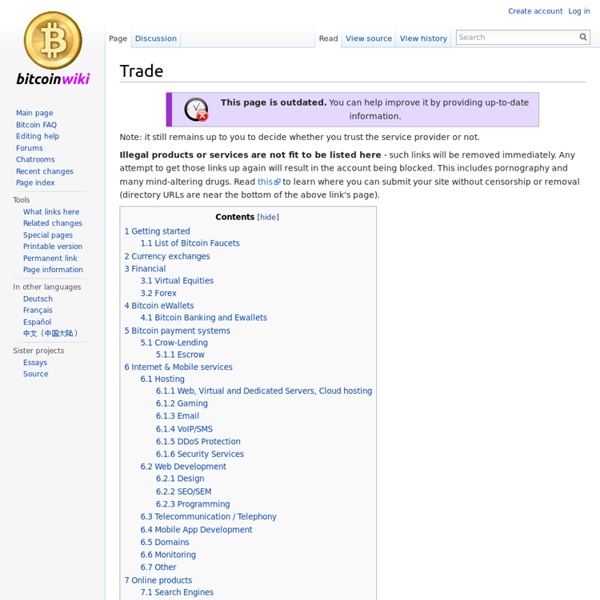



Keiser Report — RT Programs Every week Max Keiser looks at all the scandal behind the financial news headlines. Max Keiser and Stacy Herbert discuss Americans as the big globalization losers, though they refuse to admit it because they’ve bought Hot Tips from Losers.... April 26, 2014 11:37 Markets! Every week Max Keiser looks at all the scandal behind the financial news headlines. April 24, 2014 11:30 Every week Max Keiser looks at all the scandal behind the financial news headlines. April 22, 2014 13:30 In this episode of the Keiser Report, Max Keiser and Stacy Herbert discuss American injustice in the age of the wealth gap and Weev's hedge fund... April 19, 2014 16:15 In this episode of the Keiser Report, Max Keiser and Stacy Herbert discuss the American dream as being chained to the booth in the waffle house as cogs in... April 17, 2014 11:30 Max Keiser and Stacy Herbert discuss how ignorance could, indeed, be bliss for all of us if the ignorant would just STFU. April 15, 2014 13:30 April 12, 2014 13:30
HYPAY Money ™ | HYPAY Unit Payment System ™ Order food delivery and takeout online from thousands of restaurant menus No, bitcoin is not dead. But we've got some work to do. Raising the roof on debt Peter Schiff is one of the few non-biased investment advisors to have correctly called the current bear market before it began. Published time: May 17, 2011 18:38 Today the U.S. government officially borrowed beyond its $14.29 trillion statutory debt limit. And even though the Obama administration has assured us that accounting gimmickry will allow the government to borrow for another few months, the breach has given seeming urgency to Congressional negotiations to raise the debt ceiling. The ceiling was first imposed in 1917 as part of a deal that passed the Liberty Bond Act that funded America's entry into the First World War. The problem was that Congress never passed a law to prevent future Congresses from raising the ceiling. Despite the costs associated with the Korean War, the next increase did not come until 1954. Practically speaking, a ceiling that is raised automatically is no ceiling at all. A reduction in debt levels is good economics.
CoinMap What Are Bitcoins and Why Should You Care? You've probably noticed people talking and tweeting endlessly about "Bitcoin" lately. The Economist finds it intriguing while GigaOM's Matthew Ingram points out several problems with it. It's even gotten the attention of economic heavyweight Paul Krugman, who has said it's like a reimplementation of the gold standard. So what the heck is it? What is Bitcoin?Bitcoin is a decentralized, anonymous, digital-only currency that's lately gotten a lot of public attention. RELATED: 11 Surprising Things You Have to Pay Taxes On How did this all start? Where do Bitcoins come from? You do this by using your computer to hunt for 64-digit numbers. The Bitcoin system is decentralized and programmed to generate a fixed number of Bitcoins per unit of computing time. How much are they worth? That's hardly the case now, though — at the time of writing, one Bitcoin is worth $135.30. Can I get real cash for my Bitcoins? How/why are they anonymous? For the especially paranoid, you can simply create a new wallet.
L019: Bitcoin P2P Currency: The Most Dangerous Project We've Ever Seen - Launch - Solid discussions of this piece on BoingBoing.net, Hacker News, Slashdot and Reddit. Rob Tercek has a follow up to this piece here. by Jason Calacanis and the LAUNCH team A month ago I heard folks talking online about a virtual currency called bitcoin that is untraceable and un-hackable. Folks were using it to buy and sell drugs online, support content they liked and worst of all -- gasp! -- play poker. Bitcoin is a P2P currency that could topple governments, destabilize economies and create uncontrollable global bazaars for contraband. I sent the 30 or so producers of my show This Week in Startups out to research the top players, and we did a show on Bitcoin on May 10. After month of research and discovery, we’ve learned the following: 1. What Are Bitcoins? 1. Each owner transfers the coin to the next by digitally signing a hash of the previous transaction and the public key of the next owner and adding these to the end of the coin. The benefits of a currency like this: